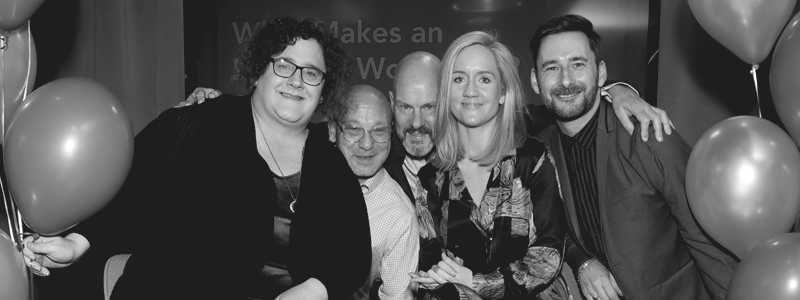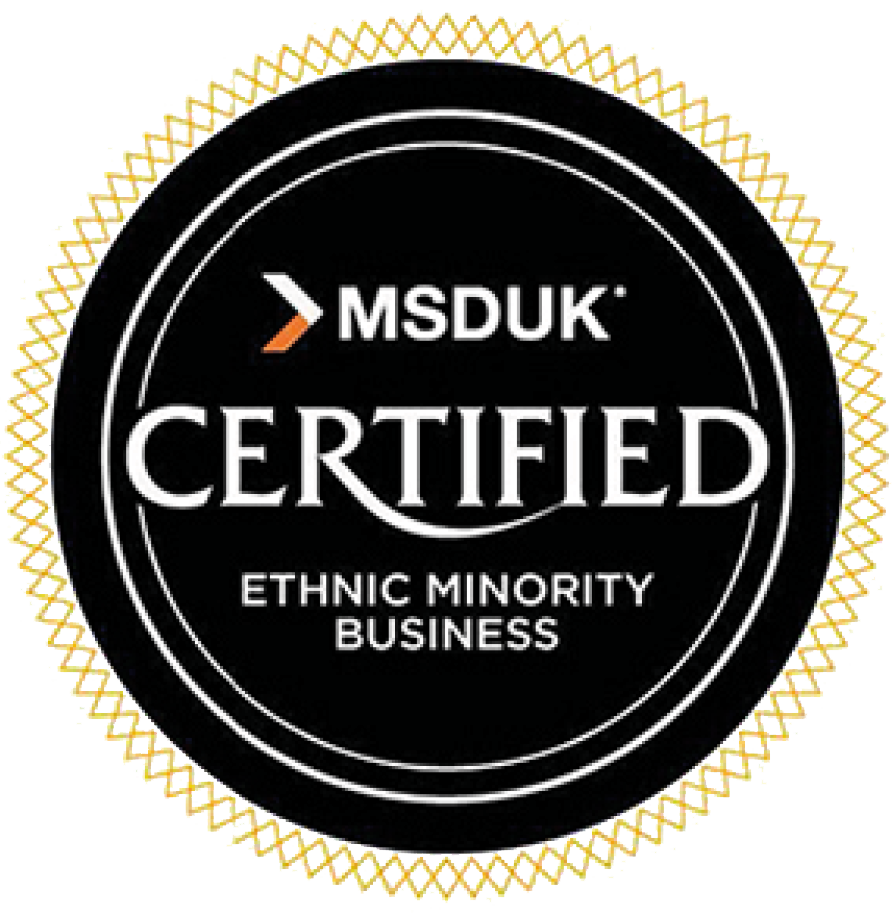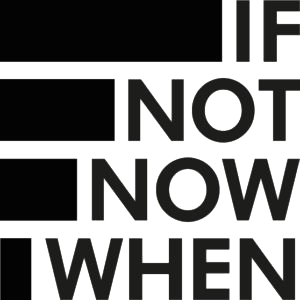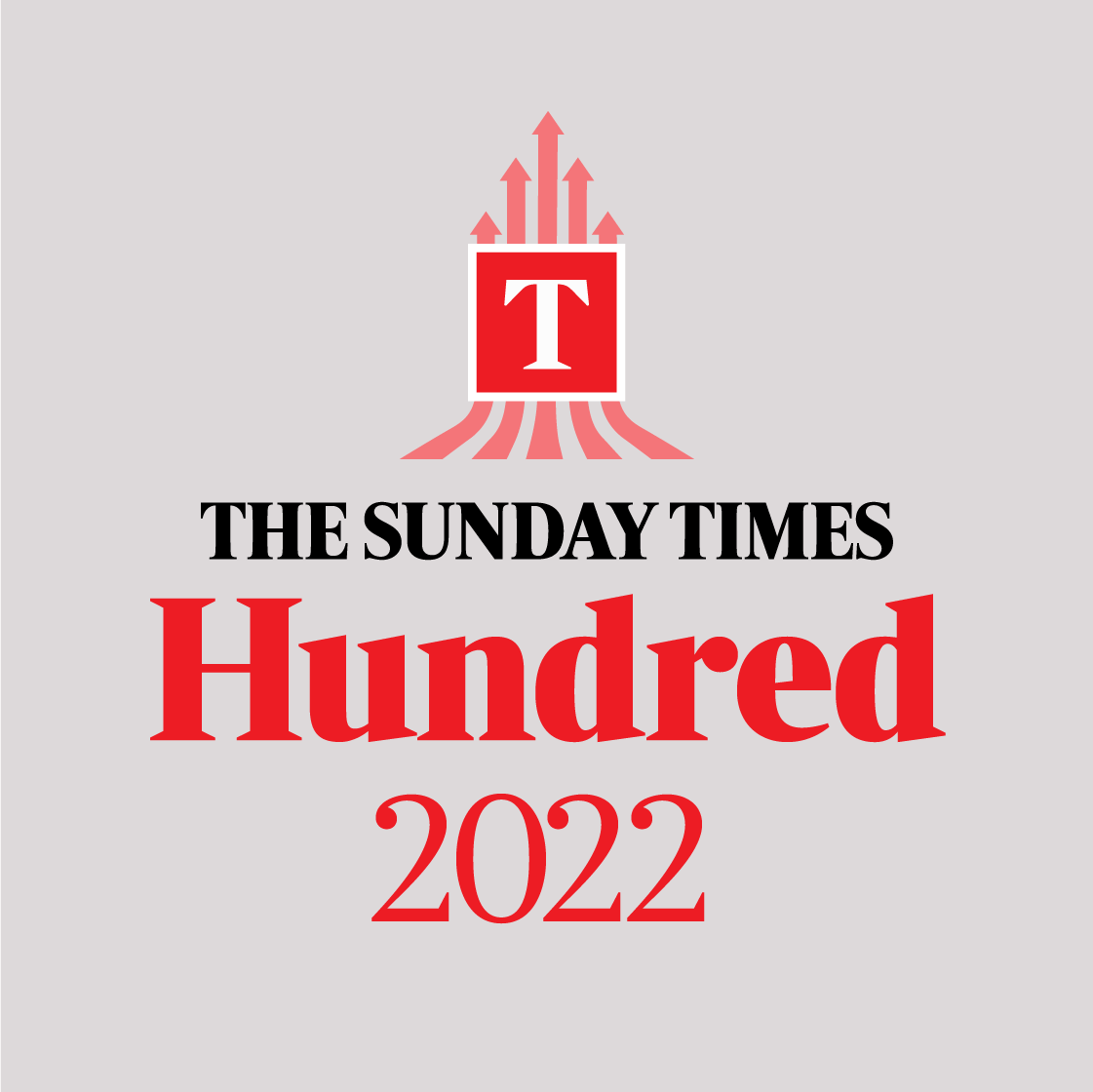Empathy, trust, visibility and making inclusion real were a few of the touchpoints when member organisations from OUTstanding Ireland came together on Tuesday 19th of February to hear from a panel of inspiring speakers to discuss what makes an inclusive workplace. A massive thank you to Bank of Ireland who hosted an audience of nearly 100 members from throughout our Irish network.
On the panel was Aoife Martin – Senior Software Engineer, MasterCard; Brigid Roche, Inclusion & Diversity Lead, Bank of Ireland (BOI); Alan Carroll, Service Delivery Manager, Microsoft, with the event being moderated by Jonathan Weir, Ireland Country Manager, INvolve.
The panel reflected on why a focus on LGBT+ inclusion is still necessary for businesses today, sharing their views on how the workplace today is different to five years ago. The transformations have been immense, with Brigid Roche commenting that ‘the workplace of the past does not serve the workplace of today’. Contemporary organisations and individuals are more conscious about their language while people are more connected than ever through social media and the internet. These factors culminate to a workplace culture which expects inclusion and respect as a given.
Making it Real at Bank of Ireland and Microsoft
While inclusion is expected, some communities are still underrepresented and misunderstood, mutual respect and learning are some of the most valuable shared values organisations can distil. The panel discussed activities and initiatives that they have implemented across their leadership teams to ensure that an LGBT+ inclusive environment cascades down from the top. Brigid discussed the strategies BOI are implementing; from infiltrating every decision with a D&I lens, recruiting people to build awareness and step up communications, building awareness and education through delivering training modules for unconscious bias, equality and leadership to webinars for managers on trans policies. With inclusion firmly tied to business strategies, accountability for D&I at BOI lies with everyone. Aligned with this thinking, BOI highlights the importance of making it real for colleagues across the organisation by organising workshops, refreshing policies, publishing leadership blogs, engagement surveys and data led decisions to influence the leadership team.
For Microsoft, Alan shared that the Leadership culture has changed with all senior leaders having core priorities around D&I alongside a major focus on employee led groups and huge investments in training. On a policy level, equal status acts and equality acts have been rolled out.
Embedding Inclusion
At the core of the event however, was the central question: ‘what are the key elements of an LGBT+ inclusive workplace?’
Reflecting on this, Aoife shared her history of being the first person from Mastercard globally to transition at work. There were no policies in place for support at the time, but with a supportive and proactive HR manager, the process was made much smoother. Aoife felt comfortable talking to allies, and their support brought her out of the closet. The entire experience demonstrated how impactful the work of an ally can be, and that allies need other allies to be effective.
The panel acknowledged it is necessary to have policies in place and that leaders and managers need to lead by example, showing support and acceptance. To demonstrate support, the panel suggested having rainbow lanyards and posters visible to show potential employees that this company is open to them. More specific initiatives undertaken by BOI included piloting gender inclusive signage in restrooms, working with BelongTo and signing the letter for marriage equality. While much of this is business as usual for organisations in metropolitan areas and increasingly expected of firms based out of Dublin, the same is not always true of branches or offices outside of these areas. Bank of Ireland believes that we should not presume we can bring a message from Dublin and make it land. We must make it applicable to peoples’ day job, make it easy to interact remotely, document lived experiences on the careers website and provide material to mass markets. We can also utilize charities and community partners to localise inclusion efforts.
The panel also discussed how to measure the success of inclusion efforts, what objectives to set and how to track them, stressing that businesses can’t afford to rest on their laurels. Businesses must build on engagement surveys and always be looking to improve and learn from the diverse colleagues which comprise them. While leadership accountability and measurable goals and KPIs are essential, to truly embed inclusion, everyone should feel they are on the D&I team. In addition to all of this, Brigid commented that while the policies and initiatives were important strides, celebrating their success is essential.




